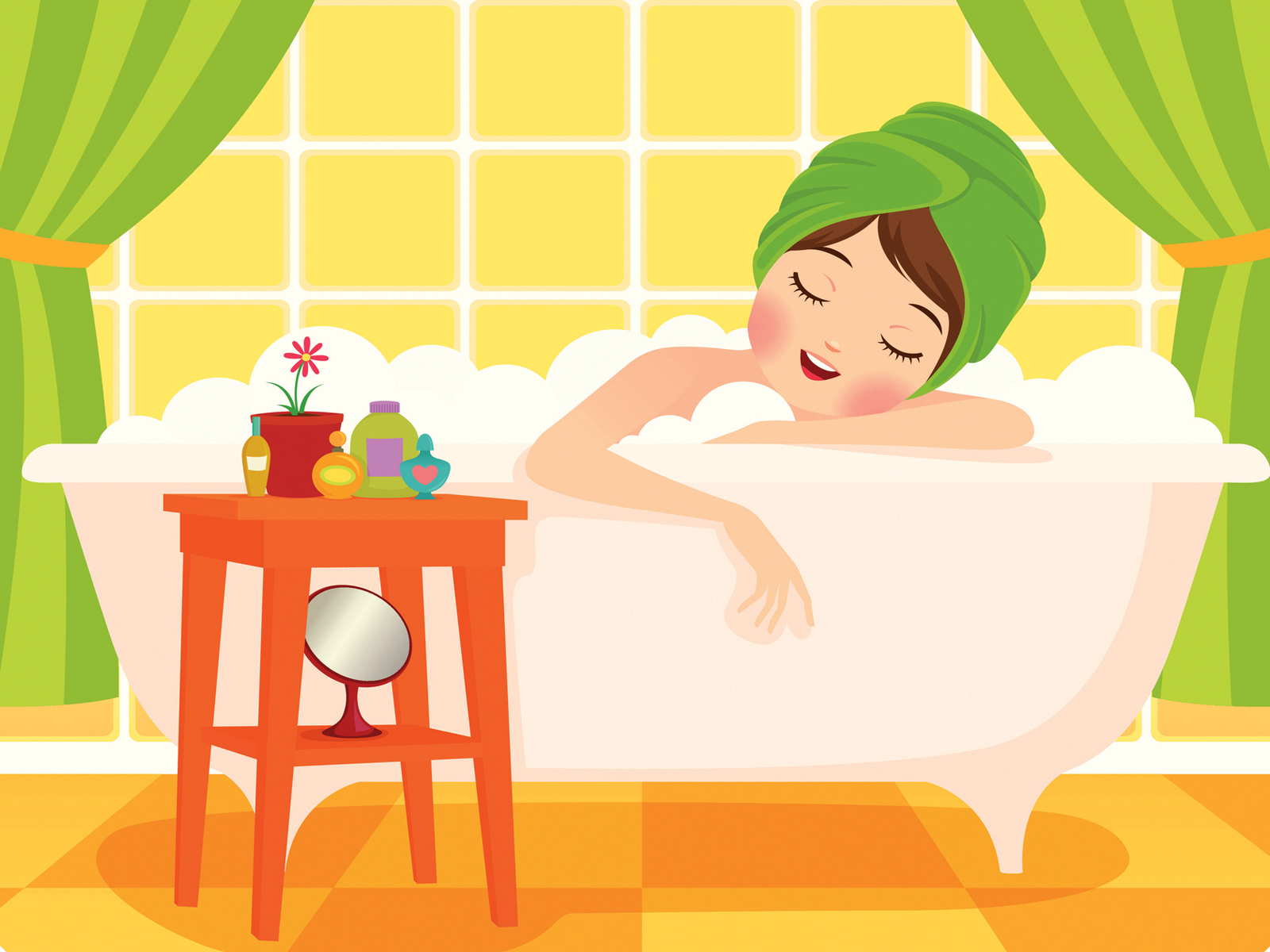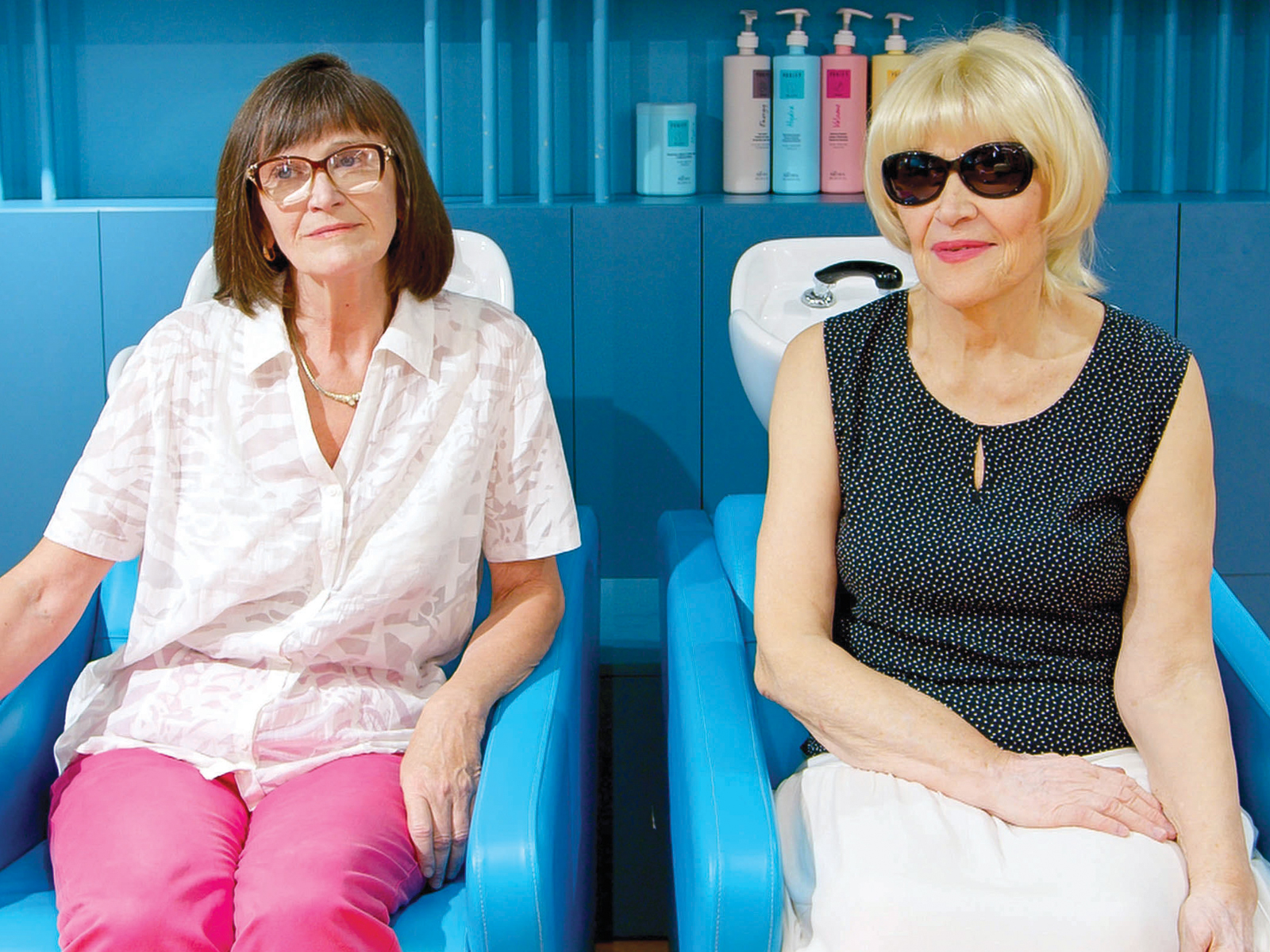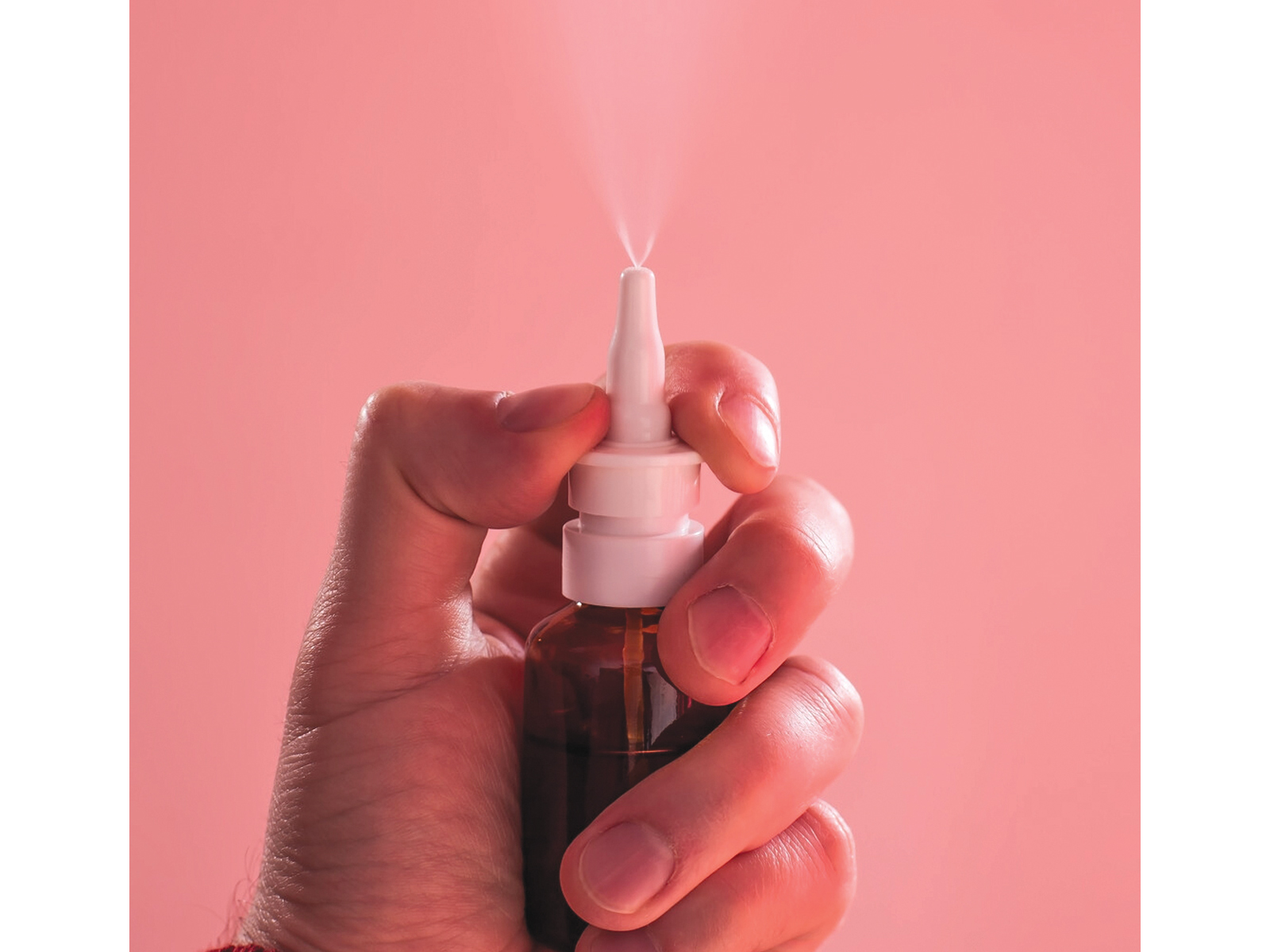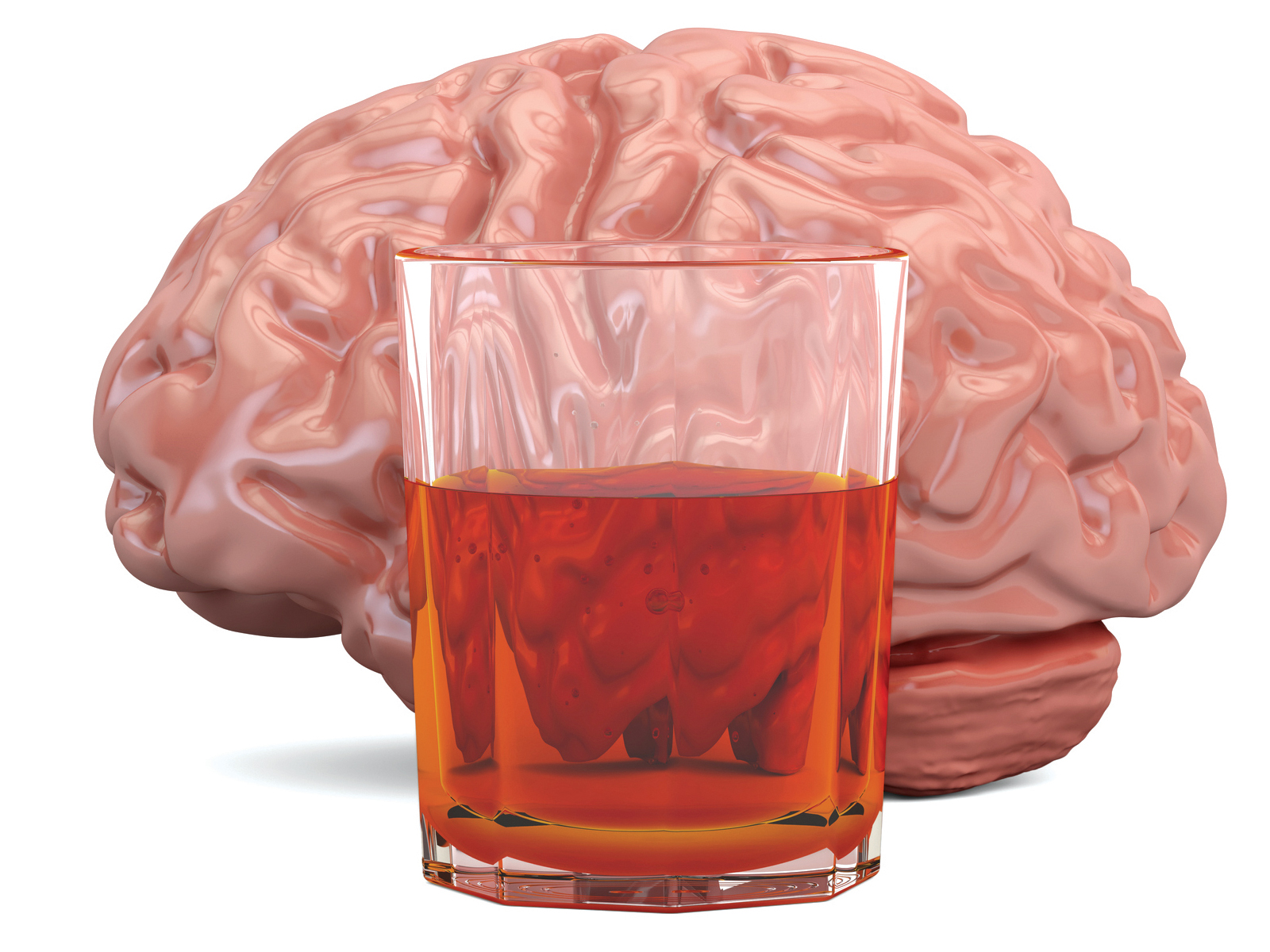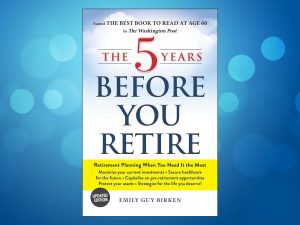Bubbles keep your bath water warm
This sounds like magic the first time you hear it but actually just makes simple sense when you think about it. Professor Eugene Terentjev at Cambridge University stated that a thick layer of bubbles covering all of the water in the bathtub will insulate and keep the heat from escaping; keeping the water underneath the bubbles warmer for longer.
Leaving toxic friendships
Hanging around nasty, negative or unkind people can be draining, especially when you’re not well or busy caring for someone else. Expert advice includes: Staying positive. Minding your own business and gradually disengaging. Simply stop talking to and about them, stop seeing them, make less plans and stop following them social media. After all, it’s much better for you to put the energy you have into making new friends and getting a feel for some new activities.
Twice daily nasal flushing
Starting regular use of a mild saline solution soon after testing positive for COVID-19 has helped significantly reduce hospitalization and death, according to a recent study done at Augusta University. The more you flush it out, the better you are able to get rid of the virus says lead researcher, Dr. Richard Schwartz. An affordable solution that he recommends is mixing ½ tsp of salt and baking soda in a cup of boiled water and using a sinus rise bottle.
Brothers and sisters
Siblings who care reported poorer well-being than non-caregivers. However, sibling caregivers were less affected by caregiving than parents or spouse caregivers. Sibling caregiving took greater toll on white caregivers than those from minority groups with respect to depressive symptoms and life satisfaction.
Stopping for school buses
Every day experts suggest that an estimated 30,000 Ontario drivers fail to stop for school buses. Keep yourself and others safe by watching for the flashing red and amber lights that come on as a bus slows down and is coming to a stop.

More trustworthy, less pain
Patients had greater pain related brain activity and reported increased pain when they didn’t trust their doctors, says a University of Miami study. Takeaways included that even small changes to the doctor-patient relationship may be enough to decrease a patients pain and that even non-verbal aspects of the relationship seem to have an influence.
Did you know?
It only takes six minutes for alcohol to affect your brain.

